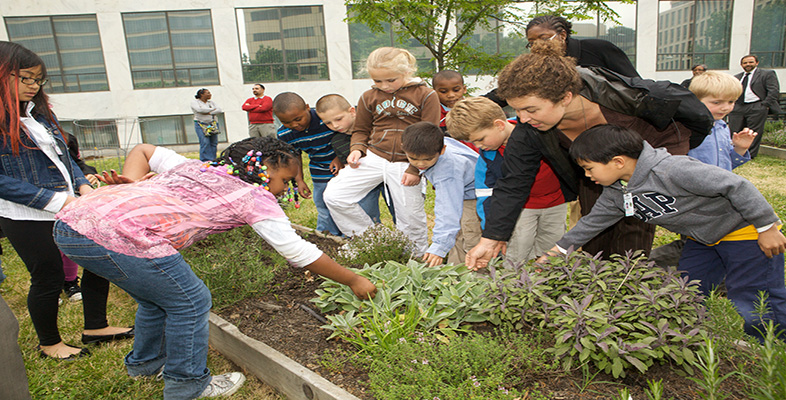1.4.3 The Advocate
Description: The formal meaning of ‘advocate’ is speaking on behalf of someone, as a lawyer does in a courtroom. The idea of young people developing an ‘active voice’ is also considered an important value in work with young people. In some settings young people are encouraged to advocate for themselves, with the adult's support.
Advocacy occurs with both individual young people and with groups. The table below gives some examples.
| With an individual young person | With a group of young people | |
|---|---|---|
| Acting on behalf of (they aren't present themselves) | Case conference | Liaison with, for example, the local leisure centre |
| Acting in a supporting role | Talking with the young person's parents about a problem | Supporting a group of young people in putting their case to the local council for a skate park |
| Formal situations | Being a character witness in court | Advocating the needs of young people in a public meeting |
| Informal situations | Chatting to a young person's parent informally about how well s/he is doing | Encouraging a local councillor to take a more developmental approach to anti-social behaviour |
Advocacy has strong official endorsement as a role to be played. The revised Office for Standards in Education, England (Ofsted) framework for the inspection of youth services seeks evidence that those working with young people:
act as advocates for young people and enable their views to be articulated in local and, where applicable, regional, national or international contexts.
(Ofsted, 2004)
Issues: Working with individuals: the worker is often faced with making choices. For example, a young person wants to attend a residential but is concerned how best to seek permission from their parents/carers. The worker might decide:
-
to suggest that they speak with the parent/carer on the young person's behalf
-
come with the young person to talk with the parent/carer
-
help the young person think through how they might introduce the idea with the parent/carer, and then support them through the outcome of the encounter.
Many feel that the route chosen should depend on the young person's own decision. Factors that a worker might consider when making a decision are: the ongoing relationship between the young person and the parent/carer, any history between the parent/carer and the youth group, any religious or cultural issues, and the degree of skill and self-confidence of the young person. The adult may feel the young person is about to make ‘the wrong decision’ and may need to check out this feeling with the young person. As in all such work with young people, we need to be aware that our own experiences will be influencing our judgement in ways that might not be in the best interests of the young person.
Working with or for groups: Those working with young people are also acting as advocates for their collective interests. In Clark's (1996) terms, they are ideally placed to be the ‘connecting system’ between the ‘system’ of the young people and, say, in some villages or estates, the ‘system’ of a group of adults complaining about young people's behaviour. In Christensen and O'Brien's (2003) study, Children in the City, the authors suggest that living in the city is as much about negotiating relationships with other human beings as it is about living in material places and spaces. They see the street as a point of transition between the home, the neighbourhood and adult life. Streets are contested spaces and groups of young people often want and need support in finding their share of that space. Young people need adult allies in neighbourhood affairs – adults who can interrupt the daily barrage of how awful young people are and promote a view of young people which is more positive.
